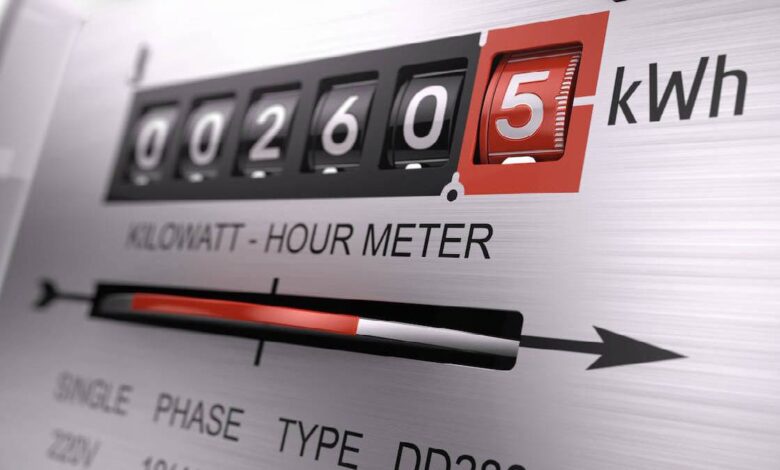Impacts on Electricity Deregulation

Impacts on electricity deregulation involve government entities, private companies, and consumers. It has opened the economy and created a flow of products, services, and ideas. It has also reduced the concentration of risk among a few companies.
It would replace heavy-handed regulation with market-oriented regulations and allow utility companies to evolve from bloated dinosaurs selling high-priced commodities into competitive, innovative industries. The following six measures are vital to this effort.
Costs
During the energy crisis of the 1990s, states deregulated their electricity markets. Officials promised that this would promote competition and make electricity more affordable. However, average retail rates in deregulated states have risen faster than those in regulated states. The deregulation of the electricity market also resulted in several low-quality power providers. These companies could offer their services at lower prices because they didn’t have to invest in infrastructure and transmission networks like larger competitors.
Electricity deregulation allows private companies to compete with established utilities in a competitive marketplace. This allows consumers to choose from various providers offering different rates and plans. It also encourages businesses to innovate and improve their service. This way, customers can benefit from increased competition and choice while avoiding the adverse effects of monopolies.
Energy deregulation aims to transform the utility industry from a bloated dinosaur selling high-priced bulk commodities into an innovative industry competing on price, efficiency, specialized expertise, and unbundled services. It will take time for these changes to be implemented, but they can be accomplished without the heavy regulation that many investor-owned utilities prefer. A key to the success of this change is aggregation, which allows small captive residential and small business customers to bargain as a group and secure the best rates.
Reliability
The reliability associated with electricity deregulation means that everyday energy users can choose their suppliers and plans, and these choices encourage innovation and competition. Choosing a supplier that offers greener options helps to support the environment, and competition between suppliers provides consumers with a variety of pricing plans that are more energy efficient.
However, it’s important to note that when switching electric suppliers, your local utility company is still responsible for transmission and distribution. This means that your service won’t change, and you won’t experience any power interruptions when you switch.
While deregulation has led to many benefits, there are also some concerns. For example, the grid’s reliability depends on a reliable and efficient transmission network. Unfortunately, some suppliers exploit consumers by raising rates and padding their margins. These bad business practices can harm lower-income communities, which are more likely to pay higher prices.
Competition
The electricity industry deregulation is intended to increase competition and bring down prices. But the results have been mixed. Some states have lowered electricity rates, but others have seen prices skyrocket. Many consumers are frustrated with their utilities and turn to alternative suppliers for better rates and more choices. Unlike traditional utility companies, these third-party energy providers offer a variety of plans with different pricing options, including renewable energy sources and green pricing programs.
Utility bills in regulated markets combine all the costs of generating and transmitting electricity. But in a deregulated market, each bill component will be itemized separately. Customers will be charged for generation, transmission, distribution, local service, and a competitive transition or stranded investment charge. This is called “unbundling” the bills.
Several groups are concerned that deregulation will hurt small electric providers and consumers.
Other groups want to ensure that large investor-owned electric companies won’t squash smaller public and municipal utilities in a deregulated system. They also want to ensure that consumers have a choice of electricity suppliers, including their present providers.
Security
In deregulated states, power companies must compete with each other to attract customers. This competition helps keep electricity prices low and encourages companies to offer better customer service and perks. It also allows consumers to choose from various energy plans and rates. Some retail electric providers (REPs) even promote conservation by offering incentives and rewarding energy-saving behavior.
The first path is dangerous: states that do not allow choice and competition will likely see higher prices and less reliable service than those that have taken a bolder approach. The second path is equally dangerous: States that try limited deregulation or new forms of regulation will likely see their electricity markets dominated by an oligopoly of vertically integrated monopolies, with weak incentives for utilities to lower prices and improve services and little freedom for customers to shop around.
One of the key elements of successful electricity deregulation is allowing retail buyers to negotiate directly with electricity sellers and buy from independent generators and brokers who can offer the best prices. Currently, buyers must go through a utility for the most part to purchase electricity, and the utility can charge a transmission fee. While a few deregulated states have a competitive market for wholesale electricity, many do not.